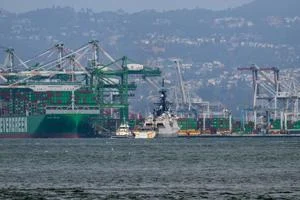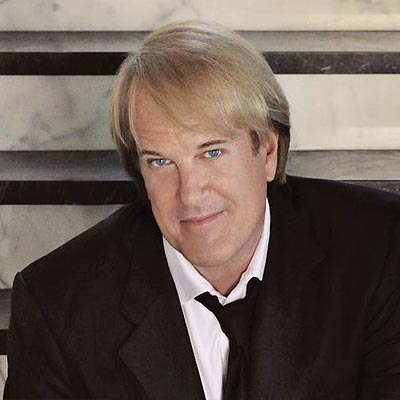The White House said Thursday that President Donald Trump’s reciprocal tariffs will go into effect at midnight for all nations that didn’t get a letter or reach a trade deal with the president.
“Those countries will be hearing from this administration by the midnight deadline tonight,” White House press secretary Karoline Leavitt said.
Leavitt said more deals could come before the midnight deadline. So far, Trump has reached framework deals with roughly two-thirds of the United States’ top 18 trading partners. Another 17 nations got letters from Trump with specific rates they will pay. Leavitt said many leaders are still trying to contact Trump before the deadline.
“Foreign leaders are ringing his phone, realizing that this deadline is a real thing for them tomorrow and they’re bringing offers to the table,” she said.
As of Thursday afternoon, Trump had announced deals with the United Kingdom (10% tariff on imports), European Union (15% tariff on imports), India (25% plus “penalty“), Indonesia (19% tariff on imports), the Philippines (19% tariff on imports), Japan (15% tariff on imports) and South Korea (15% tariff on imports). Earlier on Thursday, Trump gave Mexico another 90 days to reach a trade agreement. Trump has yet to reach pacts with Canada and China. However, earlier this week, Trump’s trade team met with representatives from China for two days in Stockholm.
U.S. Trade Representative Jamieson Greer said that tariffs on Chinese goods could increase by an additional 34% if the U.S. can’t reach a deal with China by Aug. 12. That’s far below the 145% peak level before the two nations reached a tariff truce in May, but still much higher than what American consumers are used to paying.
Trump has given no indication that he might reverse tariffs, but some business groups, including the U.S. Chamber of Commerce, have called on him to do so.
Gary Shapiro, the CEO of the Consumer Technology Association, said Thursday that businesses need predictable trade rules. He also called for a return to tariff-free trade.
“Policymakers face a choice: double down on trade uncertainty or restore certainty that American innovators need to thrive,” he said. “Predictable trade rules give businesses the clarity they need to plan, invest, and bring groundbreaking technologies to market.”
Shapiro added that tariff burdens have been “especially crushing for startups and small businesses that lack the resources to navigate complex compliance rules or absorb escalating costs.”
Businesses could still get relief through the courts. On Thursday, a panel of 11 appellate court judges scrutinized Trump’s tariff authority, asking attorneys on both sides of the case tough questions about the president’s authority to restructure global trade without help from Congress. The court didn’t rule on the tariffs on Thursday but is expected to do so in the coming weeks.
Economists, businesses and some publicly traded companies have warned that tariffs could raise prices on a wide range of consumer products.
Trump has said he wants to use tariffs to restore manufacturing jobs lost to lower-wage countries in decades past, shift the tax burden away from U.S. families, and pay down the national debt.
A tariff is a tax on imported goods paid by the person or company that imports the goods. The importer can absorb the cost of the tariffs or try to pass the cost on to consumers through higher prices.






